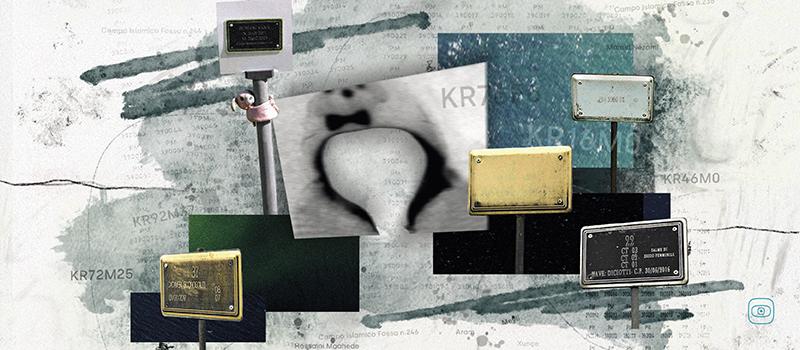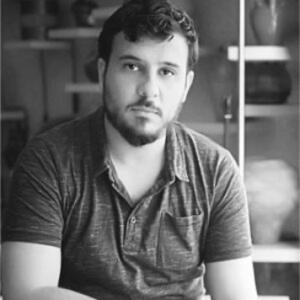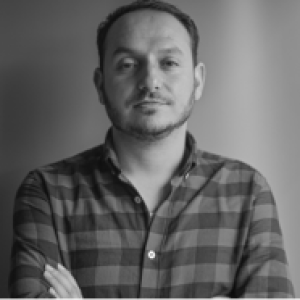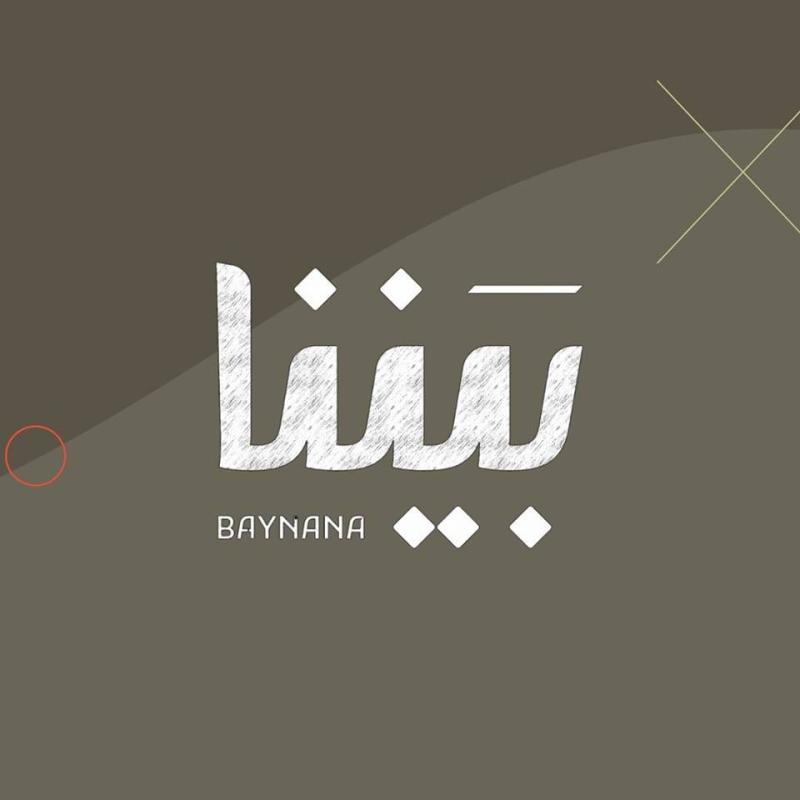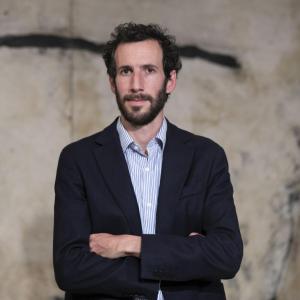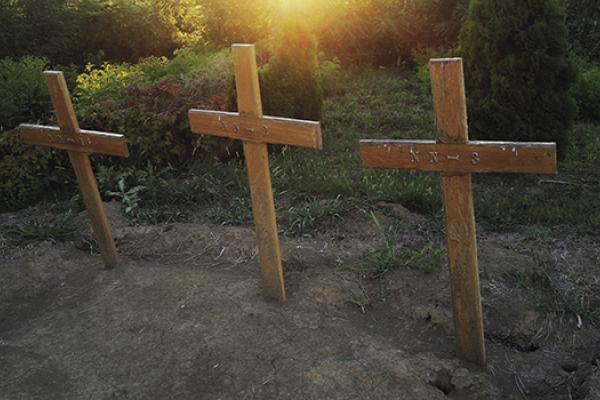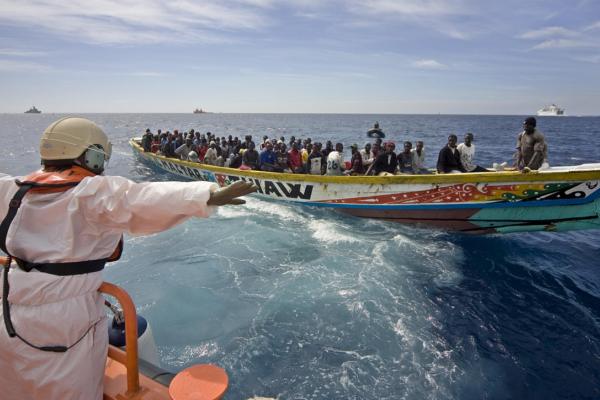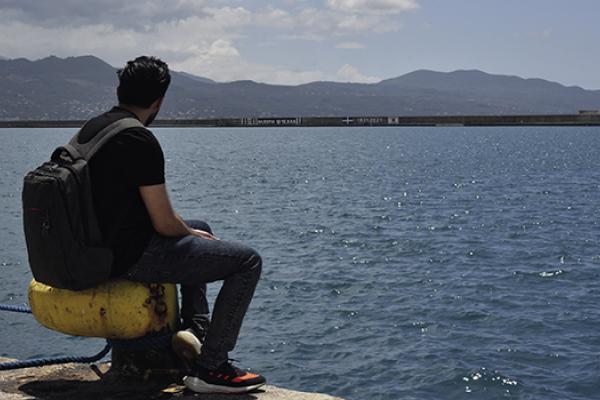There is no unified protocol for identifying victims of shipwrecks in the Mediterranean Sea. Neither at the European level nor at the national level. Different authorities follow different procedures, resulting in dozens of unnamed bodies and long waiting times for families who often never receive information about the fate of their loved ones. Bodies are even left to decompose. There are even cases of poor practice, from which some heartless individuals profit. This investigation has examined the process from the initial shock of receiving the news, through to the grieving process, and to the final burial, following families through their ordeal in three different European countries: Greece, Italy and Spain.
Ferial Laroul's dreams were shipwrecked on their way to Spain in 2021. She knew that crossing the sea would be dangerous if she wanted to reach Europe. That's why she left without saying goodbye to her family. However, what she never imagined was that, even after death, women like her would still have to jump over dehumanising bureaucratic and complex walls that leave the dead nameless and the living without answers. Two years after setting sail in a dinghy, Ferial's body was found in a van parked outside a hotel in Barcelona in January 2023. The van belonged to M.J., the funeral director responsible for repatriating her body to Algeria. Ferial's final journey was not by tourist boat or patera, but as a corpse in a funeral car caught up in bureaucratic uncertainty.
In the case of the Pilos shipwreck in 2023, although the Greek authorities did activate an action plan, but they failed to prevent the sinking. They also failed to treat the victims as would be expected of a state governed by the rule of law and a member of the European Union. This failure is reflected in the experiences of two Syrian men who lost relatives at sea: expensive and often unaffordable journeys; complex DNA sampling processes that only lead to long months of waiting and uncertainty; and limited, opaque and confusing communication with the Greek authorities. The authorities lack transparency, empathy and the coordination between institutions necessary to resolve situations like this.
In Italy, we start by telling the story of two Afghan children who drowned at sea.This allows us to reveal the wider story of a country that has become the main destination for people attempting to reach Europe by crossing the Central Mediterranean. Many of the bodies recovered from the sea here are buried unidentified. The absence of a centralised database that systematically records deceased migrants makes it impossible to determine the exact number of deaths. According to the International Committee of the Red Cross's study, Counting the Dead, only 20 per cent of bodies recovered at sea were identified in Italy between 2013 and 2019. Between 2020 and 2021, this figure dropped to eight per cent, although arrivals also fell significantly during this period due to the ongoing pandemic. Why are there so many unidentified corpses? This research examines Italy's identification systems, their loopholes, and the devastating consequences for the thousands of relatives living under the weight of uncertainty.
Illustration by Marina O'Piriz
